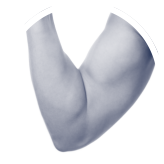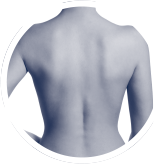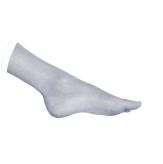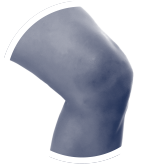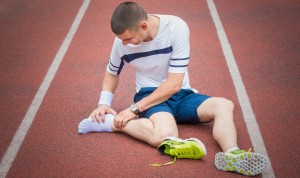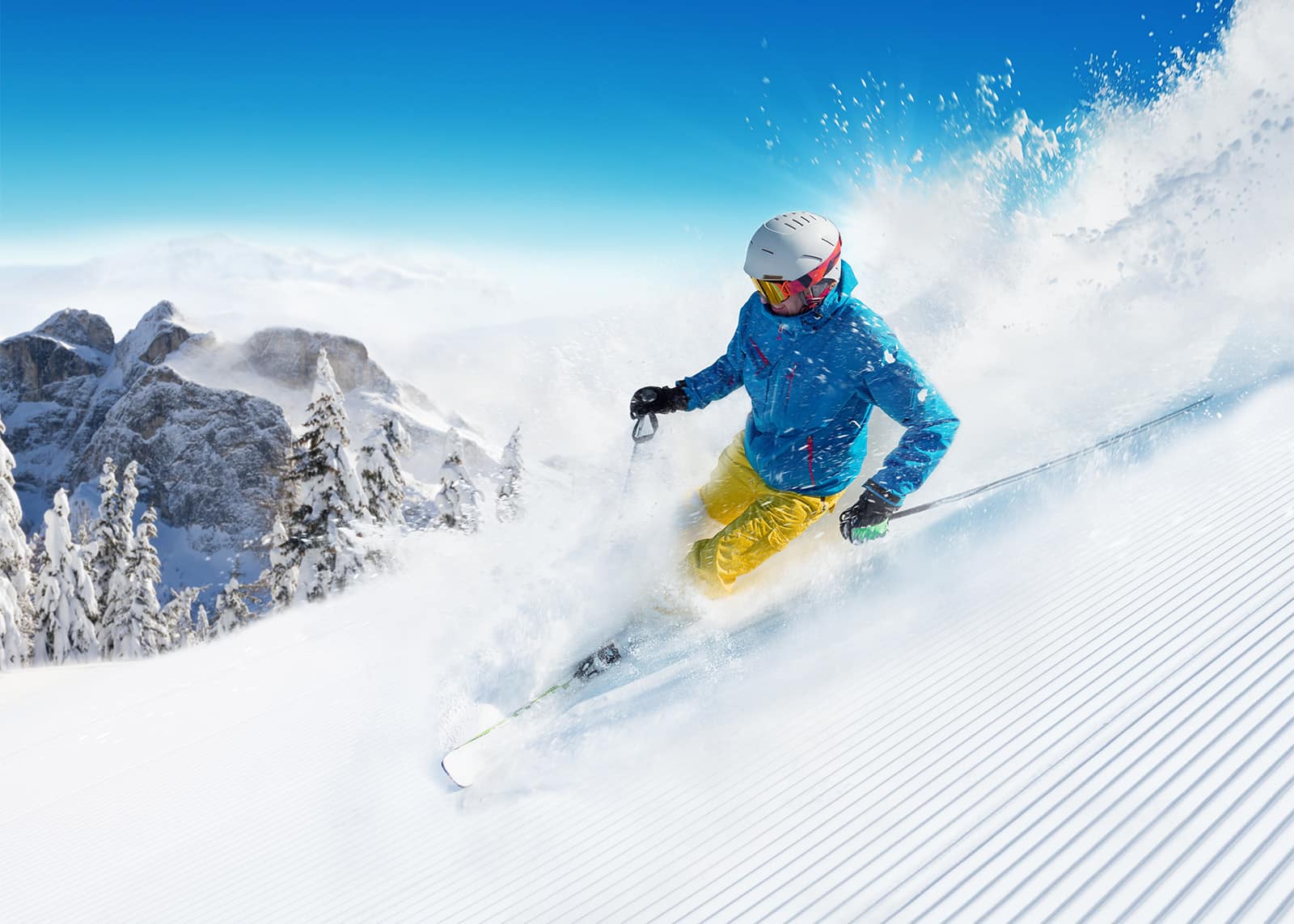
The exhilaration of gliding down snow-covered slopes, the crisp mountain air, and the sense of freedom that skiing brings are unmatched. However, for some enthusiasts, the joy of hitting the slopes is marred by the unwelcome companion of back pain. Back pain is a common concern among skiers, often attributed to the physical demands of the sport.
In this blog, we will explore the causes of back pain related to skiing and provide valuable insights into prevention and management strategies to ensure a pain-free skiing experience.
Understanding the Causes of Back Pain
Improper Technique:
Skiing requires a combination of strength, balance, and proper technique. Incorrect skiing posture or movements can place excessive strain on the back, leading to discomfort and pain. Beginners, in particular, may find themselves adopting poor form, increasing the risk of back injuries.
Muscle Fatigue:
Skiing engages various muscle groups, including the core, lower back, and legs. Skiing without adequate conditioning can lead to muscle fatigue, reducing the body’s ability to support the spine effectively. As the muscles tire, it puts more pressure on the spine. When you are fatigued, you may also compromise your form, further contributing to back pain.
Impact and Jolts:
Skiing involves navigating uneven terrains and encountering bumps and jumps. The impact from landings and sudden jolts can transmit shock to the spine, potentially causing strain on the back muscles, ligaments, and discs.
Inadequate Warm-up:
Failing to warm up before hitting the slopes is a common oversight that can contribute to back pain. Cold muscles are more prone to injuries, and a proper warm-up routine helps prepare the body for the physical demands of skiing.
Prevention Strategies
Proper Technique and Training:
Enlist the guidance of a certified ski instructor to ensure you are using the correct technique. Learning the fundamentals of skiing and practising good form can significantly reduce the risk of back pain. Additionally, strength training focused on the core, lower back, and leg muscles can enhance your body’s ability to withstand the physical demands of skiing.
Conditioning Exercises:
Incorporate targeted exercises into your fitness routine to build strength and flexibility in the muscles involved in skiing. Exercises such as squats, lunges, planks, and stability ball exercises can help fortify the core and lower back, providing better support for the spine during skiing.
Warm-up Routine:
Dedicate time to a thorough warm-up before hitting the slopes. Dynamic stretches that engage the major muscle groups and increase blood flow can help prepare your body for the challenges of skiing. Include exercises like leg swings, hip circles, and torso rotations in your warm-up routine.
Proper Equipment and Gear:
Invest in quality ski equipment, including properly fitted boots and well-adjusted bindings. Ill-fitting gear can alter your body mechanics and increase the risk of back injuries. Ensure that your equipment is regularly inspected and maintained.
Management Strategies
Rest and Recovery:
If you experience back pain while skiing, it’s crucial to listen to your body. Take breaks when needed, and don’t push yourself beyond your limits. Adequate rest and recovery time allow your muscles to recover, reducing the risk of exacerbating any existing back issues.
Ice and Heat Therapy:
Applying ice or heat to the affected area can help alleviate pain and inflammation. Use ice packs in the initial stages of back pain to reduce swelling, and later, switch to heat therapy to relax tight muscles. Always follow the recommended guidelines for the duration and frequency of these treatments.
Anti-Inflammatory Medications:
Non-prescription anti-inflammatory medications, such as ibuprofen, can be used under the guidance of a healthcare professional to manage pain and reduce inflammation. However, it’s essential to use these medications cautiously and avoid relying on them as a long-term solution.
Physiotherapy:
Consult with a physiotherapist who specialises in sports injuries to develop a personalised rehabilitation plan. Physiotherapy can address muscle imbalances, improve flexibility, and provide targeted exercises to strengthen the core and lower back, aiding in the prevention of future back pain.
Conclusion
Skiing is a thrilling and invigorating activity that offers numerous physical and mental benefits. However, the potential for back pain should not be underestimated. By understanding the causes of back pain related to skiing and implementing preventive strategies, enthusiasts can continue to enjoy the slopes without compromising their spinal health. Whether you’re a seasoned skier or a novice, prioritise proper technique, conditioning, and recovery to ensure a pain-free and fulfilling skiing experience. Remember, a proactive approach to back health will keep you carving down the mountainside for years to come.
At London Bridge Orthopaedics we have two exceptional spinal consultants. Please visit their profiles for more information. Or if you would like to book an appointment with either of them, or any of our consultants you can call 020 35765296 or request and appointment online.



